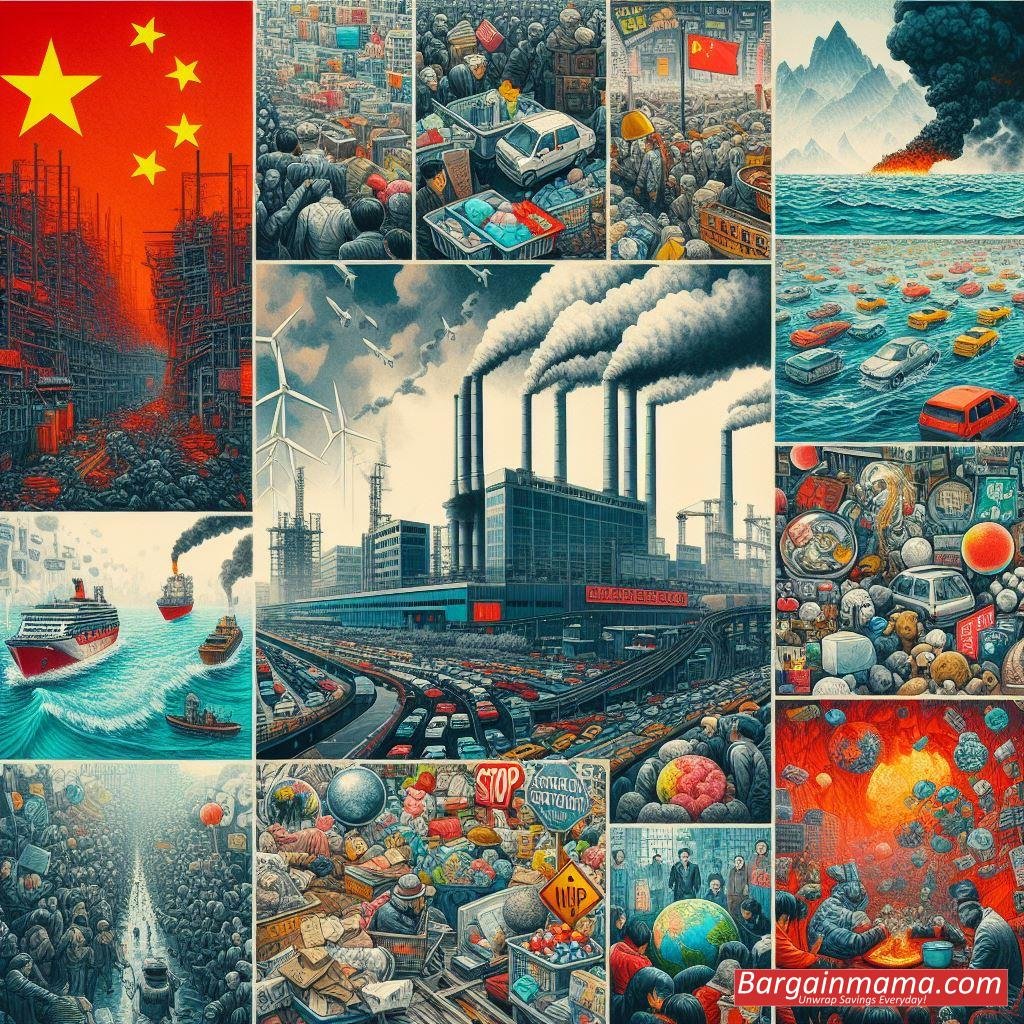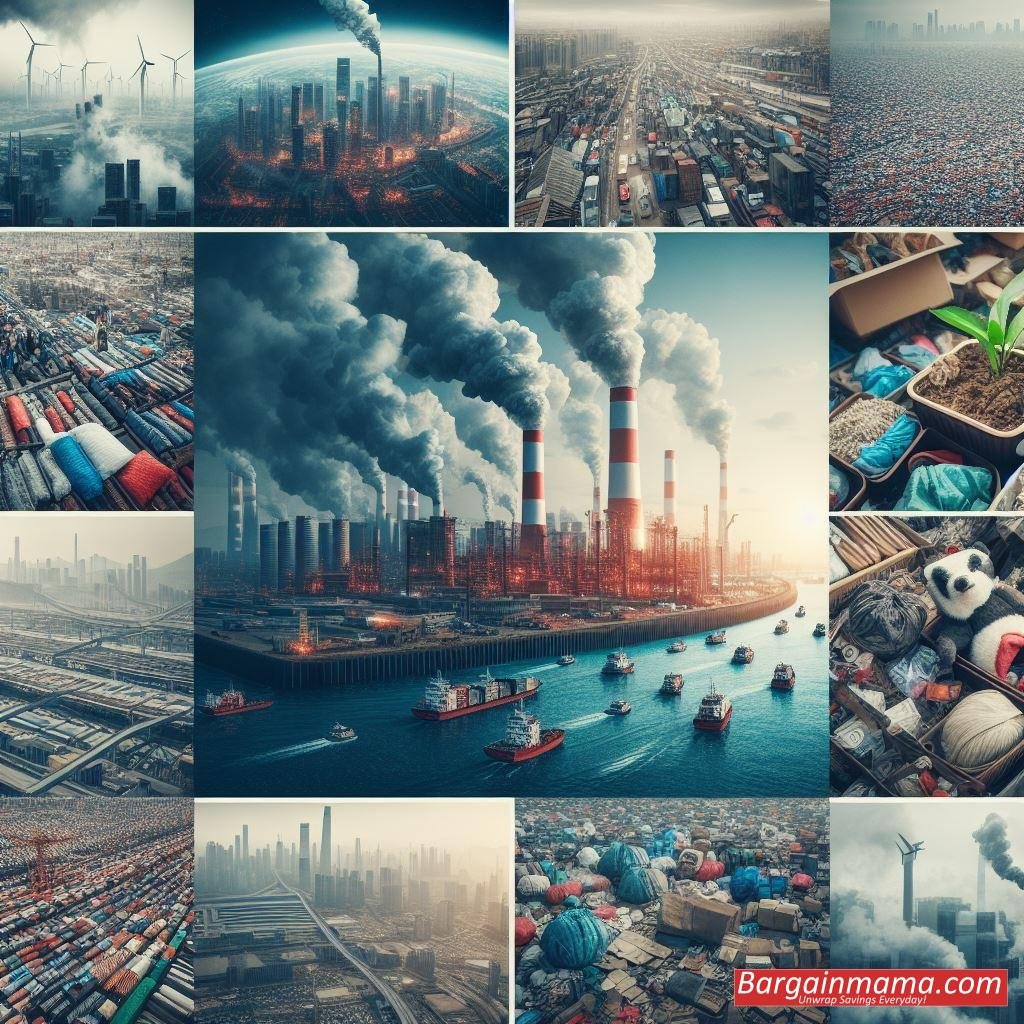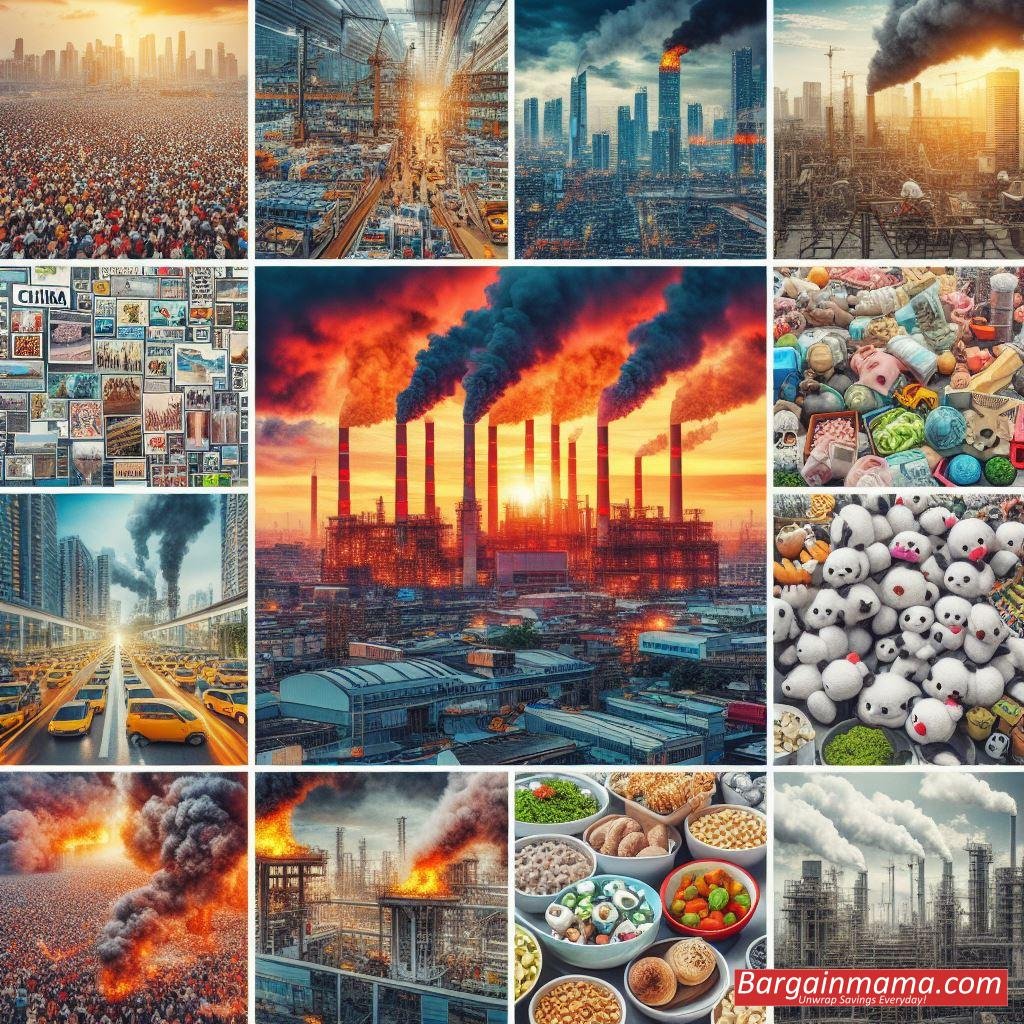A concerning tendency that has plagued China’s economy in recent months is overproduction. Concerns are being raised throughout the world by this oversupply of commodities, which includes anything from solar panels to building materials, especially in Western countries that are finding it difficult to absorb China’s extra output.

China’s economy has turned to aggressive exporting in an attempt to ease its internal problems as it continues to struggle with the effects of COVID-19 and a collapsing housing market. However, since foreign markets find it difficult to absorb the flood of Chinese goods, this tactic is becoming a problem for them.
Glut in Solar Panels: An Example
Chinese producers have inundated the world market with solar panels in an attempt to boost the economy. Because of the ensuing glut, prices have plummeted, and some buyers have even begun decorating garden fences with the extra panels. This excess highlights a more widespread problem of overproduction that affects many industries.
Mission of the US Treasury Secretary
Recently, US Treasury Secretary Janet Yellen set out on an important mission to deal with China’s overcapacity. Yellen stressed the need to curb China’s excessive industrial production during her tour, as it exceeds both local demand and the ability of the global market to absorb it.
Yellen’s worries are in line with those of authorities in Mexico, Europe, and Japan who are also feeling the strain from China’s excess inventory. In response, the European Union has put protective measures in place to make sure that Chinese imports don’t overwhelm its home sectors.

China’s Growing Pains and Economic Transition
There have been several obstacles in the way of China’s economic development, which has been characterized by a move towards green-tech industries like solar energy and electric cars. China is dependent on foreign markets to discharge excess output since domestic demand has not kept pace with predictions, despite significant expenditures in these sectors.
Repercussions for Home Industries
Tensions in international commerce are not the only effect of China’s overproduction. Chinese domestic businesses are under pressure, including the solar manufacturing sector. For example, a major producer of solar cells, Longi Green Energy Technology, recently announced layoffs as a result of overcapacity and falling pricing.
International Reaction and Beijing’s Reaction
Beijing has promised to deal with the overcapacity issue internally, acknowledging its seriousness. China recognizes the negative impact overcapacity would have on its own economy, which is why Premier Li Qiang is committed to avoiding it.
On the other hand, China contends that surplus commodities inevitably look for markets outside of domestic demand, viewing Western worries about overproduction as thinly veiled protectionism. This viewpoint highlights China’s annoyance at what it considers to be an unfair criticism of its economic policies.

The Path Ahead
While China struggles with excess production and looks for ways to refocus its economic approach, the world community continues to watch warily. For China and its international trade partners, striking a balance between the necessity of economic expansion and the dangers of overcapacity is a difficult task.
China’s problems with overproduction have become a serious problem with broad ramifications. China and the international community must work together to address this issue in order to promote a more sustainable global economic environment.



